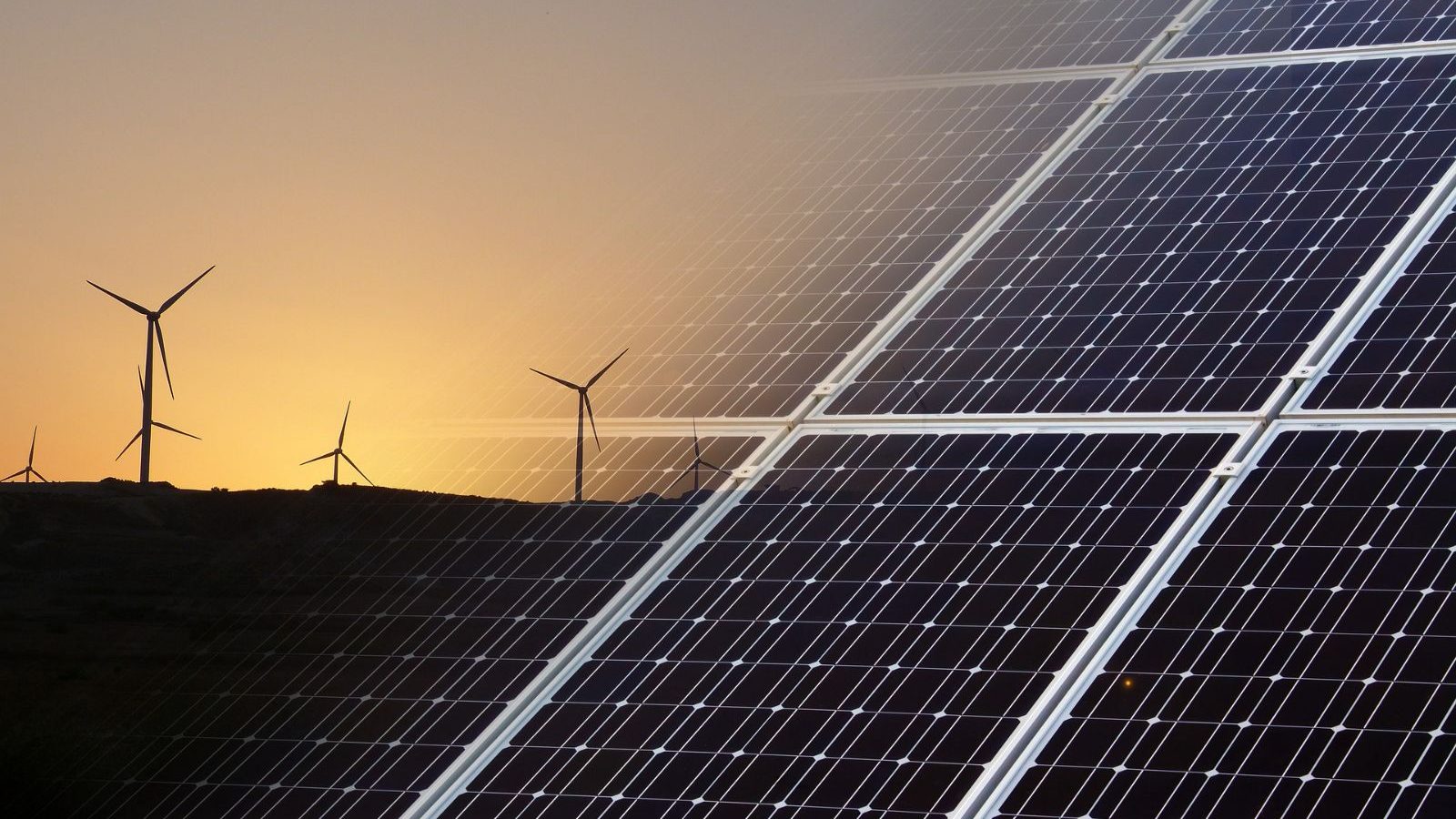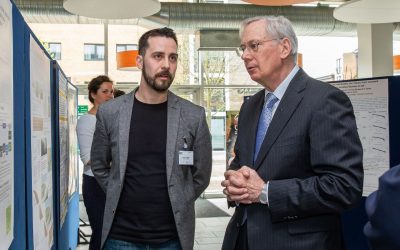The word ‘transition’ has been used repeatedly at COP27 in a range of contexts, from food systems and water resources to energy. These transitions will require changes to existing infrastructure, new infrastructure and a greater reliance on the outputs from a healthy, functioning natural environment. It has been encouraging to hear during these discussions around transition a recognition that the changes needed, whether that is a new solar or hydroelectric plant or an upgraded transmission network, will have an impact on the natural environment and that this impact needs to be assessed, minimised and reported on against the benefits of the new proposal.
The scale of transition required is immense. For example, the proportion of global energy from renewables is reported to be just 29%. As electricity generation globally accounts for 23% of greenhouse gas emissions, there is clearly a significant amount of infrastructure required urgently if we are to increase the global renewable power capacity by 2030.
These new developments, alongside everything else we need to facilitate these transitions, will put pressure on the land and the ability of the land, and the soils which underpin this, to provide the full range of ecosystem services we require. Ensuring that, at a local, regional and global level, the planning and implementation of these developments is undertaken in such a way that drives us towards truly holistic solutions will be critical. We will need effective policy, and we know this has complex challenges and barriers which will need work to overcome. The discussions at the Policy Day held at the World Congress of Soil Science earlier this year really put these challenges into context.
Development of effective solutions and mitigation will require a focus on synergies and multilateral collaborations, but also an acceptance that there will need to be trade-offs. How our land is managed is complex and there are positive and negative interactions between the various functions we receive from our natural environment even before we overlay our own impact and influence. We need to ensure that synergies, trade-offs and co-benefits are discussed in a culture of trust and transparency and with clear communication, and within a clear land use policy framework, something we are currently missing as clearly contextualised at the Policy Day. The current discussion around the expansion of BMV land is an example of the confusion which can result where clear policy is absent.
The British Society of Soil Science will continue to champion for, and host the debate around, improved policy protection for our soils and land, and continue to work with partners to secure the necessary guidance to support the transitions we need to achieve a sustainable future.
Sarah Garry, Executive Officer and Bruce Lascelles, President attended COP 27 in Egypt.
The British Society of Soil Science has committed to be a ‘carbon positive’ organisation by 2030. Whilst we agree how to make these changes in an effective and sustainable way, we will be offsetting the carbon from our flights via Ecologi.





